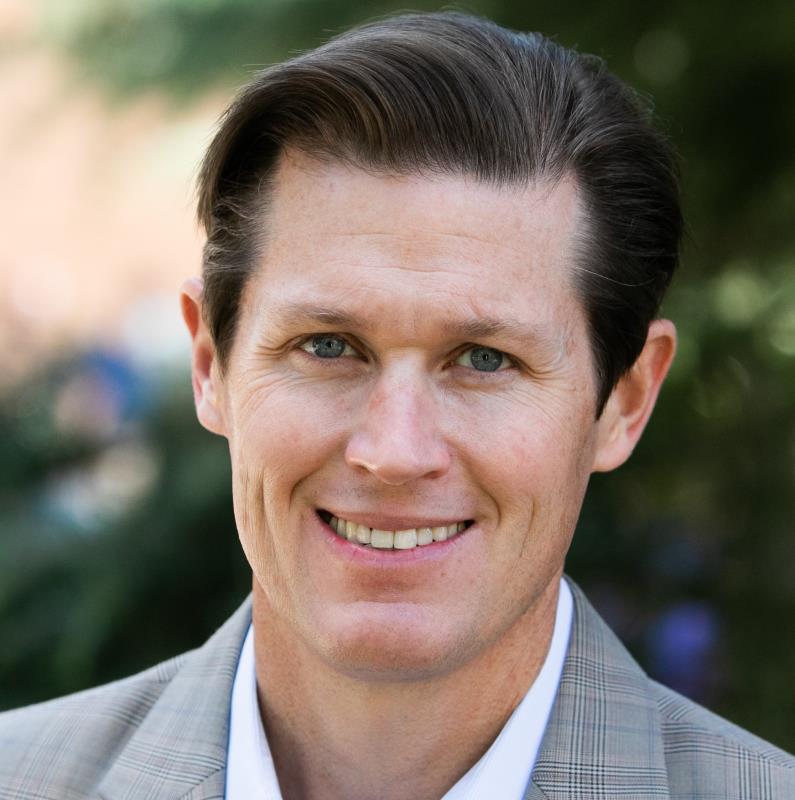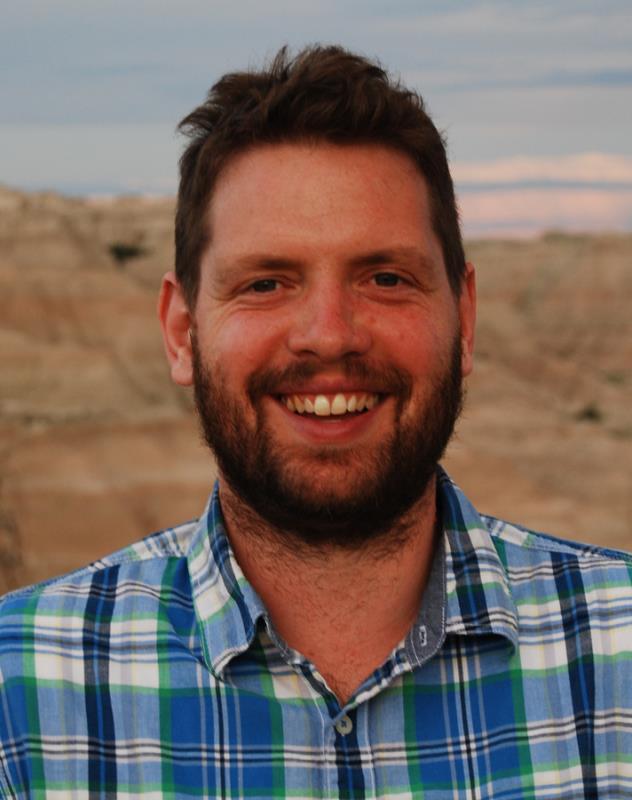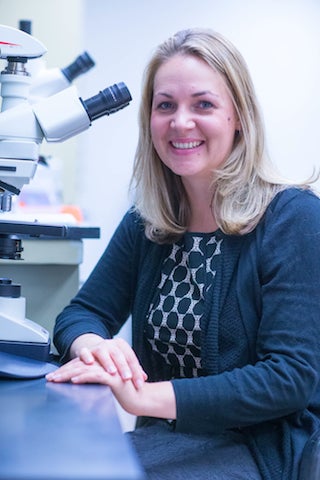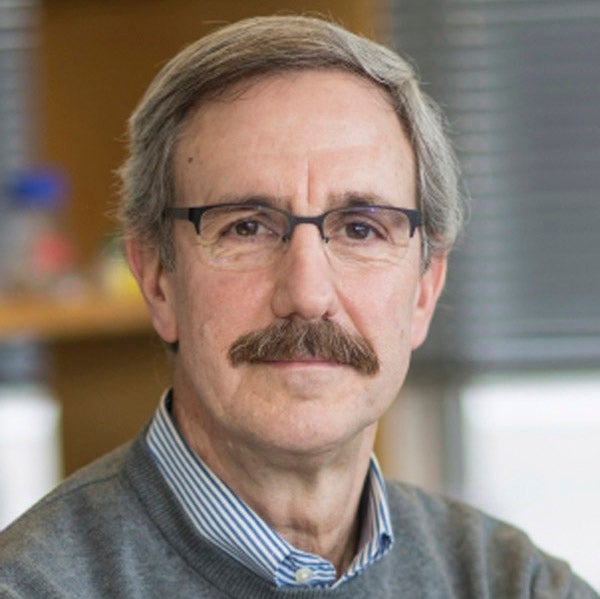6/17/2025
Dr. Gerling's research interests surround the interface of people and machines - focusing in particular on the sense of touch. His group mixes computational modeling efforts with the design and…
6/17/2025
My laboratory is investigating how the axial properties of vertebrate embryos are first established and then how particular tissues are determined within defined regions of the embryo. Research projects concerning…
6/17/2025
Biological processes ranging from gene transcription to behavior oscillate and are synchronized to the 24-hour day/night cycle. Mammalian circadian rhythms, orchestrated by the hypothalamic suprachiasmatic nucleus (SCN) allow appropriately timed…
6/17/2025
Why do some animals have the ability to regenerate certain tissues and organs, while others have lost this capacity? The study of regenerative biology and medicine have shown that the…
6/17/2025
Toxoplasma gondii is an intracellular, protozoan parasite that infects approximately one-third of the world population. The parasite can be acquired congenitally or in adults, through the ingestion of contaminated food…
6/17/2025
The principal focus in the laboratory is on the cellular mechanisms of neuropharmacologic actions in the striatum. The current emphasis is on interactions of dopamine and acetylcholine in regulating striatal…
6/17/2025
Our lab studies the neurophysiological, morphological, and molecular biological development and plasticity of the taste system. Specific projects focus on environmental and physiological factors affecting the developing and regenerating taste…
6/17/2025
My laboratory is using the fruit fly, Drosophila melanogaster, as a model system for studying the molecular genetics of responsiveness to cocaine and other drugs of abuse. We have shown…
6/17/2025
Our research focuses on several key areas that drive our scientific interests and contribute to the understanding and treatment of neurodegenerative diseases. These areas include: 1. Investigation of RNA modifications and…










